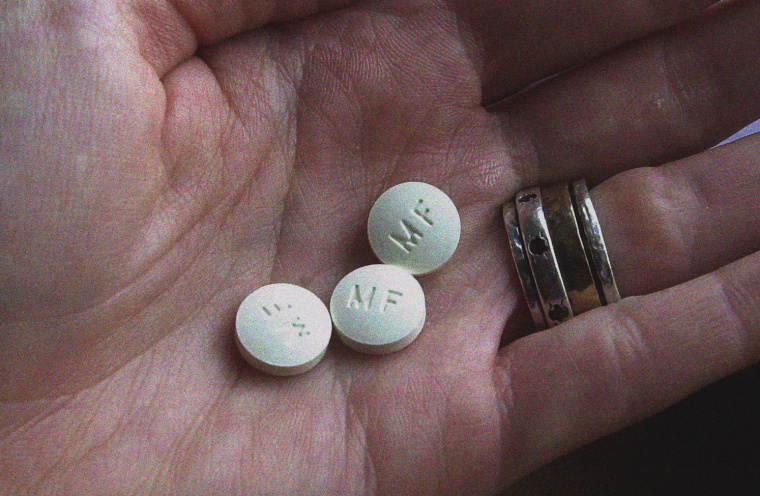The Supreme Court plans to hear a case this month that could curtail access to abortion pills nationwide. The medications are already banned in almost a third of the states.
Access to the two-drug regimen is currently legal in some form in 36 states and Washington, D.C. Medication abortion is legal in 21 states and restricted in the remaining 15, according to data from the Guttmacher Institute, a research organization that advocates for abortion access.
But the case that will be argued at the Supreme Court has the potential to end the practice of mailing the drugs and could reinstate requirements that patients visit a doctor in person to obtain abortion pills. A decision would affect access to the medication mifepristone for the 57 million U.S. women of reproductive age who do not live in a state where abortion is banned.
Meanwhile, CVS and Walgreens announced Friday that the pharmacy chains had been certified to dispense the drugs required for medication abortions. The change came as a result of an FDA rule finalized in January 2023 that allows pharmacies to fill prescriptions for the pills. Previously, they could only be obtained at a clinic, medical office or hospital.
Medication abortion accounted for more than half of all U.S. abortions in 2020, according to the Guttmacher Institute.
